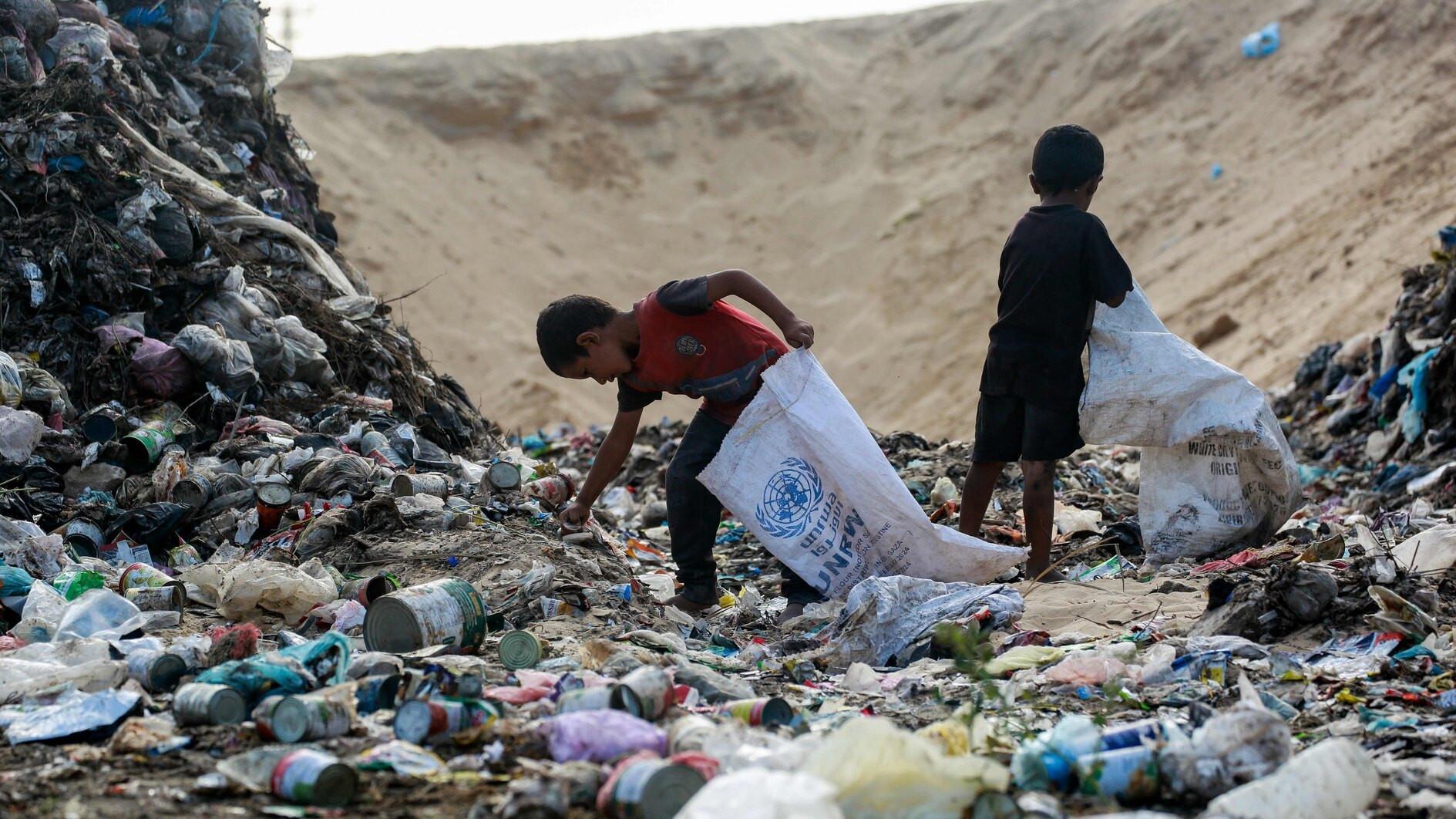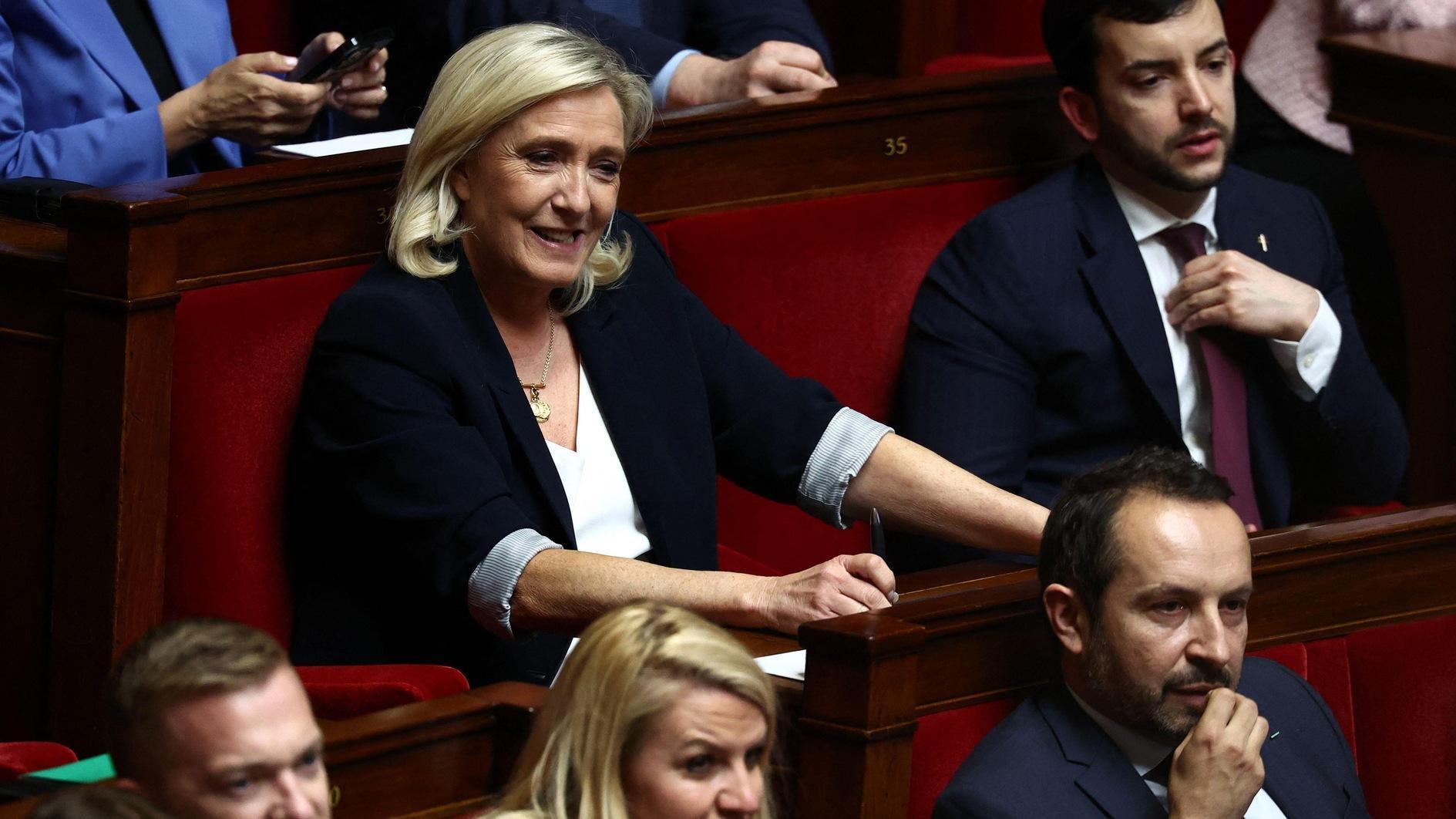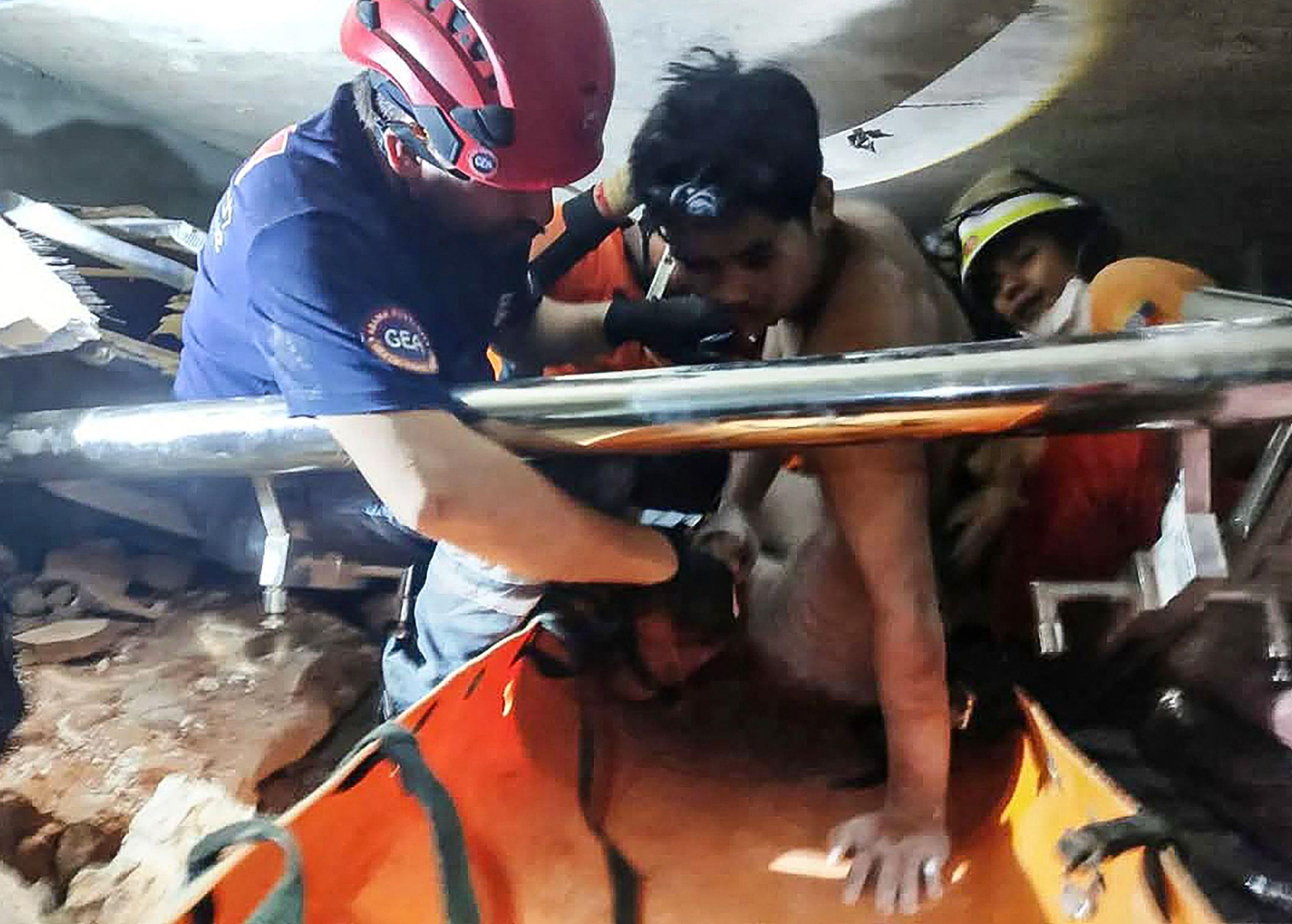Turkey conveyed EU Commission that progressive report has subjective evaluation and factual errors
ANKARA - Hürriyet Daily News
Ankara has conveyed its objections to the European Commission about the draft of its annual progress report on long-time EU accession candidate Turkey, calling it “harsher” than previous ones.Ahead of the release of the report today, EU Minister Egemen Bağış had a phone conversation with European Commissioner for Enlargement Stefan Füle and conveyed Turkey’s criticisms of “factual mistakes and subjective evaluations” in the draft report.
Certain member countries and a lack of dialogue between Ankara and Brussels due to the stalled negotiation process could have played role in those elements, a Turkish official told the Hürriyet Daily News.
The draft report expressed concerns about the criminal justice system, citing the defense’s limited access to the prosecution file, which “does not allow allegations against the accused to be challenged effectively.”
That phrase ignored the amendments that have entered into force with the third judicial reform package, Turkey said in its objection, adding that those restrictions have been abolished.
“Alternatives to pre-trial detention were not considered,” the report said. Ankara cited a new judicial authority created by an amendment in the third reform package. The “judge of liberty,” different from the judge hearing a case, shall decide on the measures of protection regarding suspects, Ankara noted.
The draft report also criticized Turkey for the Uludere incident. “There has been no discussion of political responsibility regarding the Uludere incident.” Ankara, in its objection, noted that a subcommittee in Parliament was investigating the matter. Furthermore, the government responded rapidly and the families of the victims have been compensated, Ankara also said.
“Mass graves discovered in the southeast have not been adequately investigated,” the draft report said. Ankara objected to the use of the term “mass grave” and said prosecutors have launched investigations into the graves.
“There is no strict definition of the minimum number of bodies required to constitute a mass grave, although the United Nations defines a mass grave as a burial site which contains three or more victims of execution” Turkey told the commission.
Examinations and investigations concerning the unidentified human remains have been conducted in compliance with international standards, it added.
“There is a culture of intolerance of minorities,” the draft report said. Yet, Ankara said this was “a serious and groundless accusation against Turkish society, which is known for being tolerant of other cultures, not only today but for centuries.”
Ankara said “considerable progress” in terms of strengthening the climate of tolerance and mutual understanding had been achieved and added that religious ceremonies had been held in the historical Sumela Monastery and the Surp Haç Armenian Church in 2010, 2011 and 2012.
Bağış: EU report not a ‘report card’ for us
Bağış has downplayed the significance of the report, adding that the 27-member bloc’s credibility in Turkey has been weakening.
“This report is not a ‘report card.’ This report is only an example of the EU Commission’s view of Turkey. What matters for us is the report which we will release at the end of the year,” EU Minister Egemen Bağış said yesterday.
On the other hand, Füle called on Turkish political parties to remain committed to a new national charter.
“I hope the constitution-making process will unify Turks and Turkey and will not be interpreted as infighting,” Füle told reporters yesterday.
He also said he hoped the principle of comprehensiveness would lead in the end.
















